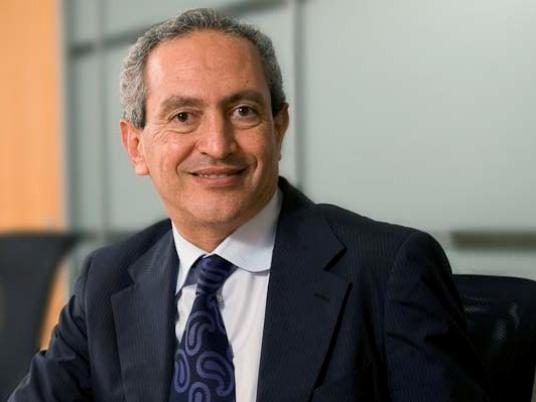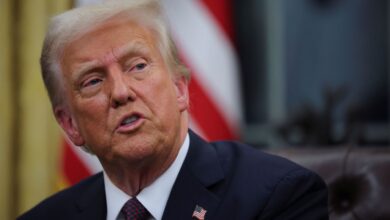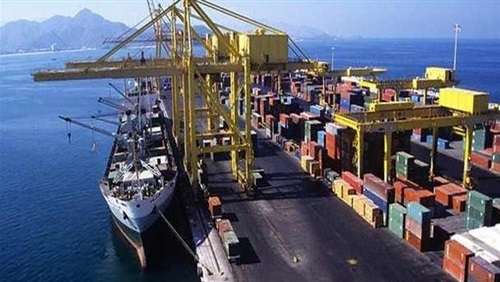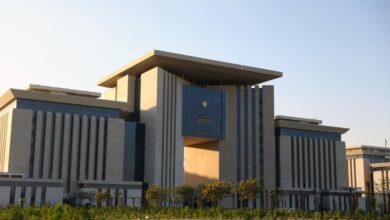KABUL — Afghanistan said Wednesday it had arrested or sacked hundreds of Afghan soldiers over attacks on NATO troops, trying to stem an increase in shootings that threatens to undermine Western withdrawal plans.
The scale of attacks is unprecedented in modern warfare. Afghan personnel have opened fire on their NATO colleagues more than 30 times so far this year, killing at least 45 foreign troops — the majority of them American.
The shootings threaten to derail NATO's flagship strategy of training Afghan security forces to take over when the bulk of the 130,000 US-led foreign troops leave the country at the end of 2014.
US officials have expressed increasing concern over the attacks and Defense Secretary Leon Panetta last month called on Afghan President Hamid Karzai to crack down on them.
Defense ministry spokesman General Zahir Azimi said Wednesday: "So far, hundreds of people have either been arrested or expelled from the army. We have found evidence against some people and some suspicious people have been arrested."
When asked for further details, Azimi gave no breakdown on precise numbers. Nor was it clear when the action was taken against the soldiers.
On Sunday, the US military announced that its special forces have suspended training for about 1,000 Afghan police recruits to vet existing members.
Karzai's spokesman told AFP on the same day that the attacks were the "mutual responsibility" of both NATO and Afghan forces, and the president had ordered all Afghan forces to be re-vetted.
The top US military officer visited Afghanistan last month and said Afghan leaders appeared ready to take decisive action to curb the attacks.
General Martin Dempsey, chairman of the US Joint Chiefs of Staff, said it was the first time that Afghans were as concerned about the attacks as the Americans.
Azimi on Wednesday denied that NATO training for Afghan soldiers had been affected with the spokesman insisting it was still "going well."
He also stood behind the processes of recruitment and vetting.
"Good attention was paid during the recruitment process, but when some soldiers went on vacation and came back they became somehow problematic," he said.
NATO has tried to play down the attacks, saying that they are carried out by a tiny proportion of the Afghan forces over cultural differences or personal disputes.
The alliance's Secretary General Anders Fogh Rasmussen on Wednesday spoke about the attacks by telephone with Karzai, voicing his concern and calling on the president "to join in" with preventive measures being taken by NATO.
Taliban insurgents claim responsibility for many of the attacks, saying their fighters have infiltrated the army and police.
Their reclusive supreme leader, Mullah Omar, has boasted that the attacks are the result of a deliberate plan to sow distrust between foreign and Afghan troops.
Azimi blamed "some regional intelligence agencies" — a euphemism that Afghan government officials often use in reference to Pakistani spymasters, who have historically sponsored the Taliban.
But he said there were no foreigners among those soldiers arrested or dismissed.
An Afghan army officer in the restive eastern province of Paktika blamed Taliban infiltrators and poor treatment from US mentors.
"Most of our soldiers come from different provinces, they are illiterate, and US mentors sometimes behave badly with them. That is why they turn their weapons at them," he told AFP on condition of anonymity.
August was the worst month for so-called green-on-blue attacks in Afghanistan, with nearly one in three international coalition deaths caused by Afghan allies.
In July, a military court sentenced an Afghan soldier to death for killing five French soldiers in Kapisa province in January.




